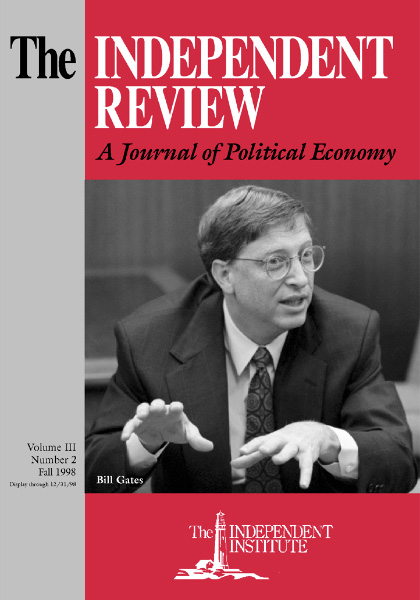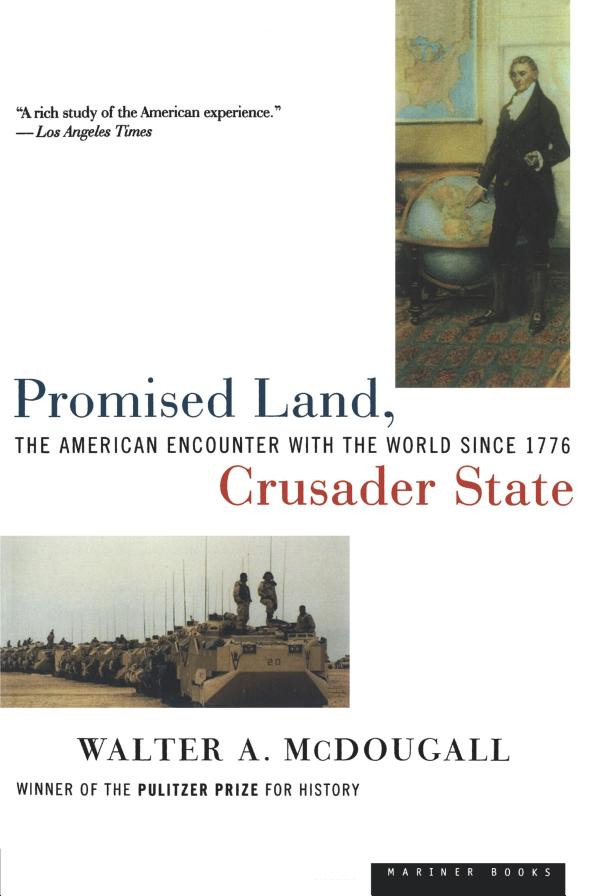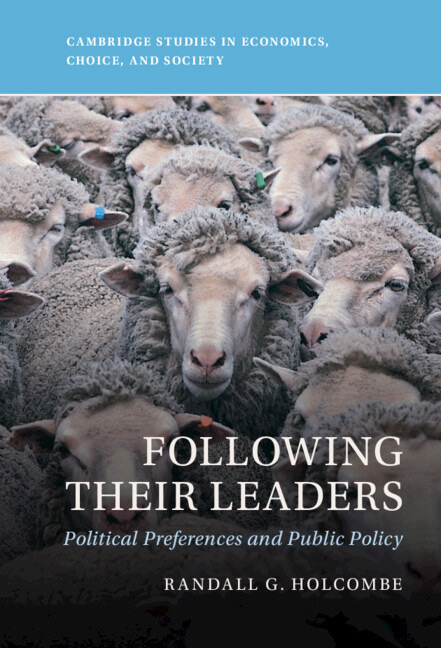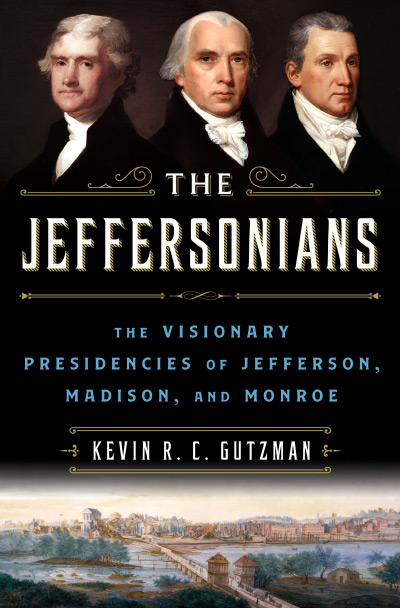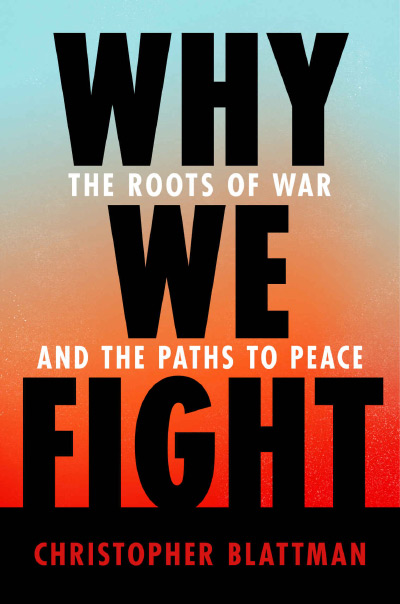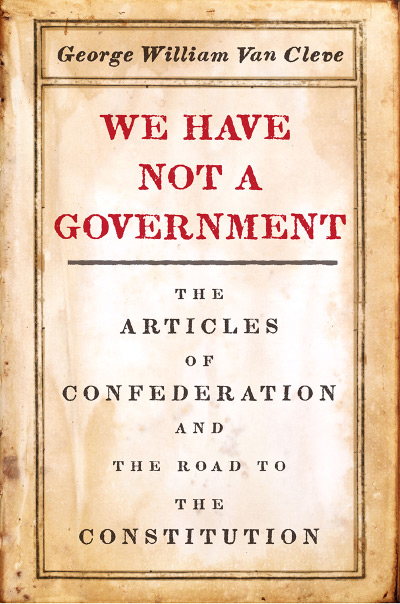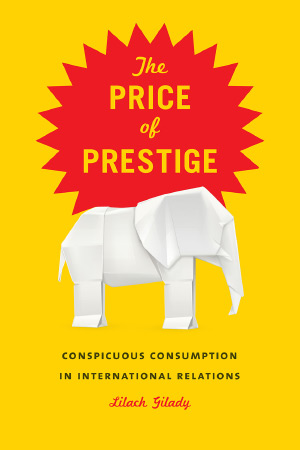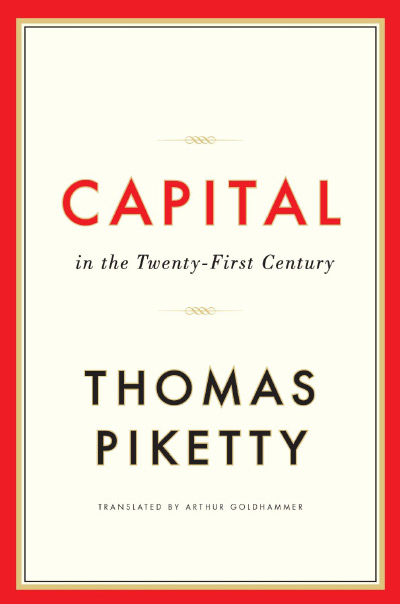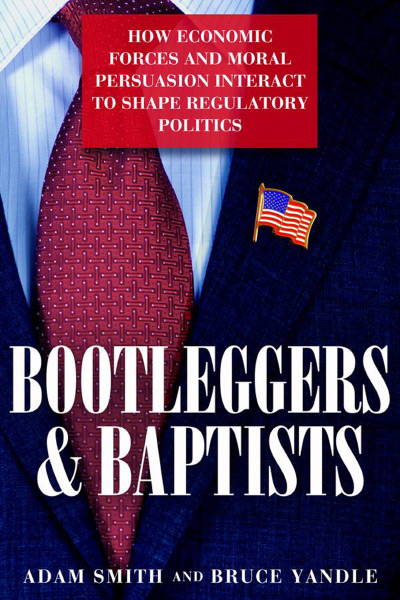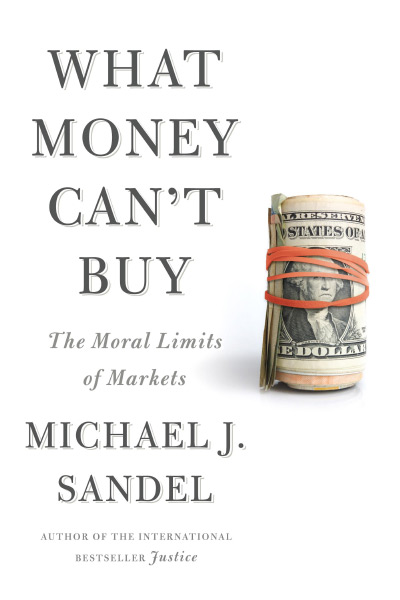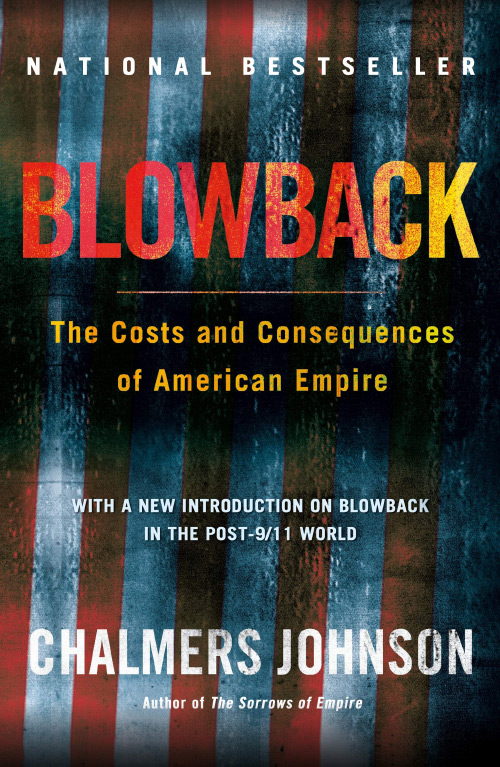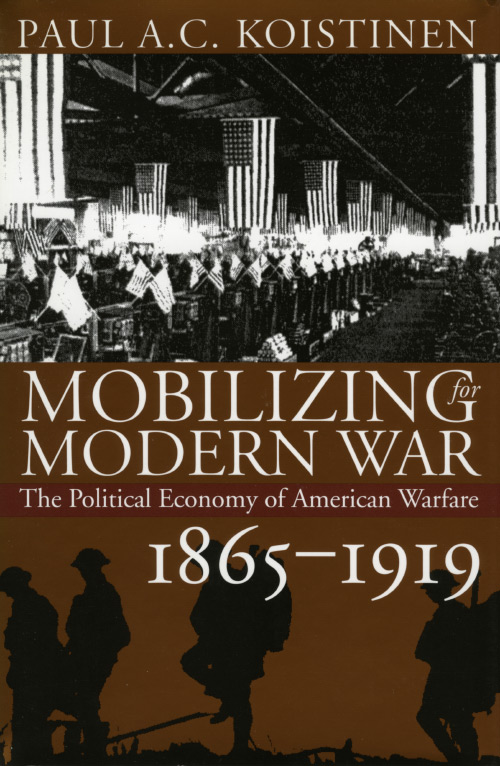As the title suggests, in this work Walter McDougall, professor of international relations at Penn and Pulitzer prize winner, examines the whole history of U.S. foreign policy, utilizing religious terminology. His examination yields an American “Bible,” which happens to be divided into two “Testaments,” each containing four “Books.”
The “Old Testament,” which dominated the rhetoric and “for the most part, the practice,” from the founding to the last decade of the nineteenth century, preached the doctrines of Liberty (or Exceptionalism), Unilateralism (often “mislabeled Isolationism”), the American System (or the Monroe Doctrine), and Expansion (or Manifest Destiny). Similarly, in the twentieth century, rhetoric and for the most part practice have been under the sway of a “New Testament” composed of Progressive Imperialism, Wilsonianism (or Liberal Internationalism), Containment, and, today increasingly, Global Meliorism. (The capitalization is McDougall’s.) Each of these doctrines remains a part of “the collection of options” available to the United States in its international dealings. (For the record, the author’s use of religious terminology and frequent religious imagery is of questionable heuristic value, and it diverts attention from sources of American foreign policy originating far from religious faith.)
McDougall’s presentation of the first tradition—liberty, or exceptionalism—is well done. He states that to the Republic’s founding generation, America’s calling “was not to do anything special in foreign affairs, but to be a light to lighten the world” (p. 20). The Founders “agreed to limit the content of American Exceptionalism to Liberty at home, period” (p. 21). He sums it up pithily: “Foreign policy existed to defend, not define, what America was” (p. 37).
His exposition of the second tradition, unilateralism, presents conceptual problems, however. First of all, if Washington’s Farewell Address is its inaugurating document, it is not a tradition separate from liberty, but simply the means of defending the first tradition. Moreover, one of McDougall’s main purposes throughout is to show that unilateralism was not isolationism, which in fact never existed. “Our vaunted tradition of ‘isolationism,’” he states, “is no tradition at all, but a dirty word that interventionists, especially since Pearl Harbor, hurl at anyone who questions their policies” (p. 40). That the term functions as a smear (and a proven method of forestalling debate) is true enough. But it is hard to see how Washington’s doctrine can be equated with McDougall’s unilateralism. After all, it is possible to pursue a policy of intense global activism unilaterally.
McDougall tries to debunk the customary isolationist interpretation of the Farewell Address. Washington’s advice was that “taking care always to keep ourselves by suitable establishments on a respectable defensive posture, we may safely trust to temporary alliances for extraordinary emergencies.” And he declared, “The great rule of conduct for us in regard to foreign nations is, in extending our commercial relations to have with them as little political connection as possible” (“Washington’s Farewell Address,” in Documents of American History, edited by Henry Steele Commager [New York: Appleton-Century-Crofts, 1948], 174, emphasis in original). The latter statement, incidentally, was the motto Richard Cobden, the greatest libertarian thinker on international relations, placed on the title page of his first published pamphlet.
The author comments that “real isolationism” would have required “an unequivocal denunciation of all cooperation with foreign powers” (p. 47). Even treaties on fisheries? Again and again, McDougall implies that isolationism has to mean a kind of pre-Meiji Japanese closure to the rest of the world. Why this strange insistence? Because, ultimately, McDougall wants to maintain that, despite surface appearances, Washington’s “unilateralism” “meshes rather well” with his own favored policy, containment in the post“World War II and post-Soviet periods. That containment involves numerous entangling alliances is a negligible point, because the United States is always “in control.” Thus the rupture with our founding policy is whisked away. But that move is merely a conjurer’s trick. For how does the rationale for NATO in its past or presently expanding forms meet Washington’s criterion of “extraordinary emergencies”? How can an alliance already lasting half a century count as “temporary”? Do we presently have “as little political connection” with foreign countries as possible? One wonders also whether vast armies and navies stationed all around the globe are really what the Founders had in mind for America.
In general, McDougall’s treatment of the “mythical beast” of “pure isolationism” is confused and confusing. He refers to it as “an ostrich posture in foreign policy” (who would ever adopt that?), and he claims that the flow of capital and labor to the United States and expanding American overseas trade are evidence of the absence of isolationism in the nineteenth century (the pre-Meiji model). McDougall asks, “When did Americans first act on the belief that they had a mission to transform foreign societies?” It was back “in 1819, when the American Board of Foreign Missions decided to evangelize the Sandwich (Hawaiian) Islands.” The donation of tens of millions of dollars to foreign missions “prefigured the governmental aid projects of the mid-twentieth century” (pp. 174-75). To argue in this fashion is to blot out, for whatever reason, the basic distinction between state and civil society.
In any case, McDougall at one point concedes that the Old Testament traditions, in contrast with what came later, “were coherent, mutually supportive, and reflective of our original image of America as a Promised Land” (p. 5). This view is not far from Charles Beard’s in A Foreign Policy for America (New York: Knopf, 1940). What McDougall calls the Old Testament, Beard called Continental Americanism. The purpose of our foreign policy has indeed been to protect the unique civilization growing up on this continent. (Beard was too much a progressive to talk about liberty in any Jeffersonian sense.) Continental expansion served to round out our territory, providing largely empty lands for settlement. These additions required only small land forces, and their defense entailed no “entanglements with the great powers of Europe or Asia” (in the cases of Florida and the Louisiana Purchase, they entailed ejection of European powers). Thus, they brought with them no danger of serious conflicts. The Monroe Doctrine served the same purpose, because the presence of European powers in Mexico, Central America, or the Caribbean would embroil us in the aggressive diplomacy of the Old World and pose a clear danger of war.
Avoiding war was always the fundamental rationale for isolationism (of course, “neutrality” or “nonintervention” would be preferable terms, but replacing the old smear may by now be impossible). James Madison wrote of war as perhaps the greatest of all enemies of public liberty, producing armies, debts, and taxes, “the known instruments for bringing the many under the domination of the few.” Everything abhorrent about the European monarchies was connected with the fact that they were war machines—“nations of eternal war,” in James Monroe’s words. If we followed their example, we would fall prey to a host of old-world evils, which would wreck our constitutional balance. Accordingly, we were ready to recognize de facto governments as legitimate, and through much of the nineteenth century our navy—the necessary tool for global meddling—was such that, as McDougall states, it was “incapable of beating up on Chile” (p. 73).
Those whom historians have labeled “isolationists” never adopted an “ostrich posture.” They argued general principles—the horrors of war, the burdens on the people, the dangers of increased state power, the likely distortions of our constitutional system—but they also argued from the specific circumstances of their times. Such was the case with Robert La Follette in 1917, the America Firsters of 1940-41, and the foes of NATO in 1949, as well as the first great isolationist movement, the Anti-Imperialist League, at the turn of the century. It should not go unremarked that McDougall indulges in a bit of smearing of his own, when he refers to the Anti-Imperialist League as a group of “strange bedfellows,” “mostly mugwumps who bemoaned all the change industrialization had wrought in American life” (p. 113). Instead of dealing with their reasoning, McDougall resorts to the usual ploy of writing off as hankerers after a vanished (or imaginary) Golden Age anyone who stood in the way of the imperialist juggernaut. He touches on Carl Schurz’s objections to the Philippines war, which nowadays sound “racist” to many. But he avoids mentioning what is surely the best-known and most enduring contribution of those gallant anti-imperialists, William Graham Sumner’s formidable critique, “The Conquest of the United States by Spain.”
It is difficult to know how to tackle Promised Land, Crusader State. It consists largely of obiter dicta, written in an excessively (to my taste) breezy style, in which the author almost never pauses to debate a point. For example, McDougall calls Eric Nordlinger, the author of the excellent book Isolationism Reconfigured, “by far the most sophisticated ‘neo-isolationist’” (p. 201), but does not even suggest a rebuttal of Nordlinger’s arguments.
Some of the book’s faults, however, may be gathered by looking at McDougall’s treatment of Wilson and U.S. participation in the First World War. The American note to Berlin following the sinking of the Lusitania was hardly “stern but innocuous.” It embraced the preposterous principle that the U.S. government had the right and duty to protect U.S. citizens traveling on ships flying the flags of belligerents. By holding the Germans to “strict accountability” for any American lives lost through U-boat action, it set the United States on a collision course with Germany. The Zimmermann telegram, offering Mexico an alliance in case war broke out between Germany and the United States, was stupid and futile, but, given that hostilities were imminent, hardly “infamous”—that was Wilson’s line. The author endorses U.S. entry into the war because a triumphant Germany would have dominated the Atlantic. But, even assuming that our nonintervention would have led to a total German victory (highly doubtful), more probable results than German control of the Atlantic would have been the downfall of the Bolsheviks in Russia and the prevention of Hitler’s coming to power.
The most serious defect, however, is that from time to time McDougall pays lip service to the notion that, when all is said and done, the purpose of our foreign policy is to defend our freedom at home. At the end, he lists some of the evils besetting us today: high taxes, an intrusive central government, a “semi-militarized economy,” a vast welfare state fed by “a lust for public entitlement,” besides a number of what are called social problems. He concludes that we must “husband the rare liberty and fragile unity our ancestors won” (p. 222). Pious sentiments. But just how seriously can we take his concern for American liberty when, in discussing Wilson and justifying the entry into Wilson’s war, McDougall breathes not a word regarding the war’s frightful cost to that liberty? The savage assault on economic freedoms and civil liberties and the precedents created for their subsequent erosion are well known (see, for example, Robert Higgs, Crisis and Leviathan: Critical Episodes in the Growth of American Government [New York: Oxford University Press, 1987], 123-58). Why were these outcomes not worth mentioning, as actual results of the war, to balance the speculative danger of New Jersey’s quaking under the guns of an Imperial Kriegsflotte? In fact, World War I presents a perfect illustration of why the Founders wished to keep clear of war, and McDougall’s silence is itself exemplary of how involvement in foreign wars leads to ignoring the destruction of liberty at home.
Still, in contrast to many other analysts, the author makes some useful points. “Vietnam was a liberal war,” he rightly states (p. 195). “The mythology that enveloped the Marshall Plan” (p. 180) set the stage for attempts to fabricate viable and prosperous societies through the infusion of American billions. (He could have strengthened his case had he been familiar with Tyler Cowen’s demolition of that mythology; see “The Marshall Plan: Myths and Realities,” in U.S. Aid to the Developing World: A Free Market Agenda, edited by Doug Bandow [Washington, D.C.: Heritage Foundation, 1985], 61-74.) Lyndon Johnson’s statement that “our foreign policy must always be an extension of our domestic policy” promised disaster, because his domestic program was the War on Poverty. Now U.S. aims included ending ignorance and disease in a far-off land in the throes of a revolution. McDougall aptly remarks, “South Vietnam’s cities—like much of inner-city America—soon became corrupt and dependent welfare zones” (p. 193).
McDougall confutes the current shibboleth of the urgent need for the United States to spread “democracy” throughout the world. Other peoples may democratically choose anti-liberal regimes. In any case, what business is it of ours? He is soundest on foreign aid, where he has clearly learned from Peter Bauer, whom he cites. “Our half-century of experience with foreign aid has been almost a total loss” (p. 209). The method used, government-to-government aid, is intrinsically statist. The blunder continues today, as “we attempt to teach ex-Soviet peoples how to be good capitalists through the medium of government grants administered by government agencies for the benefit of our own and foreign bureaucracies” (p. 209). If other countries want a market economy and American-style democracy, “they know what steps to take to achieve them” (p. 210). We should use aid bribes to advance American security, for instance, in persuading the Russians to dismantle their nuclear warheads. “Otherwise, the best way to promote our institutions and values abroad is to strengthen them at home” (p. 210). Good advice, as the author tries once again to demonstrate his allegiance to the first and most American of the “books” of American foreign policy.
But ultimately that effort won’t wash. While McDougall rejects global meliorism, what he advocates is a highly interventionist form of containment, including preventing disturbances from regional powers such as Iraq and Iran; using the government to expand trade (NAFTA, GATT, and “jawboning Beijing”); joining in Margaret Thatcher’s “New Atlantic Initiative” (why, incidentally, is this lady, who pressed Bush to go to war in the Gulf and was the last-ditch friend of Gorbachev and last-ditch foe of German reunification, supposed to be worth listening to?); and, above all, maintaining “the balance of power” throughout Eurasia. This last task alone gives U.S. leaders license to extend their activities, if not to Rwanda and the Sudan, then virtually anywhere else they wish.
In the end, Promised Land, Crusader State turns out to be disappointingly superficial, never even broaching key questions. We are told, for instance, that the American public “never raised a ruckus” over this or that interventionist move. Yet there is no hint of the unfathomed ignorance, “rational” or otherwise, of Americans in foreign affairs (even George Will thought Iranians were Arabs) or of the leverage that ignorance gives to political elites and special interests pushing their own agendas. Why suppose that U.S. leaders are immune to such pressures or to the blandishments of institutional and personal power? Why even assume that they are any better—any more expert or far-seeing or public-spirited—in handling international relations than they are in running domestic affairs? If they aren’t, why shouldn’t they be reined in, sharply? Most important, how is incessant intervention abroad compatible with the Herculean task of restoring liberty at home? In reality, McDougall does not have an inkling of how radical and hard that task will be. It is vanishingly improbable that our leaders and their supporting political class will cheerfully welcome the changes required. Much more likely is that, faced with any real challenge to the status quo, they will exploit the range of pretexts McDougall affords them, resorting, in Cobden’s words, to “the true secret of despots”—“to employ one nation in cutting the throats of another, so that neither may have time to reform the abuses in their own domestic government” (Richard Cobden, Political Writings, vol. 1 [New York: Garland, (1903) 1973], 323).
| Other Independent Review articles by Ralph Raico | |
| Fall 2008 | Was Keynes a Liberal? |
| Winter 2004/05 | The Great War Retold |
| Spring 2002 | On the Brink of World War II: Justus Doenecke’s Storm on the Horizon |

